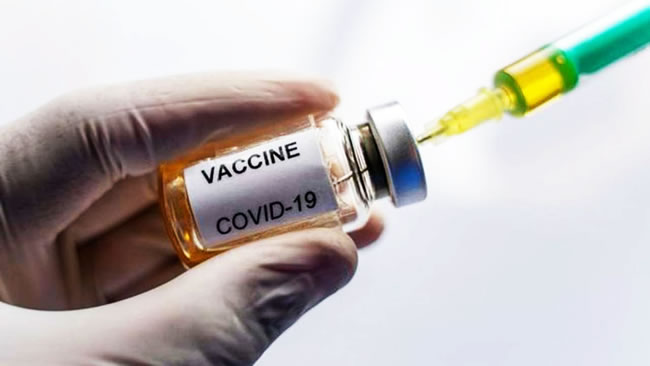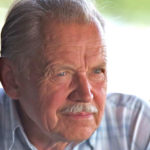
The consensus of global experts is that a successful COVID-19 vaccine roll-out will only be achieved by ensuring effective community engagement, building local vaccine acceptability and confidence, and overcoming cultural, socioeconomic and political barriers that lead to mistrust and hinder uptake of vaccines.
Medical experts, in the Lancet, said a top-down, one-size-fits-all approach have derailed countless well-meaning global health solutions, and in the context of vaccine implementation risks leaving many groups behind, again.
Professor Adegoke Falade, one of the experts and a pediatrician at the University College Hospital (UCH), Ibadan, stated that the vaccine coverage depends on achieving sufficient coverage to protect whole populations.
According to him, a successful rollout of the COVID-19 vaccine will only be achieved by understanding local acceptability, confidence, and socioeconomic and political barriers to uptake of vaccines across societies and addressing them.
Professor Falade said that extensive community dialogues had helped to restore and ensure the polio eradication programme in Nigeria after it was slowed down at a time because individuals had concerns about the motives of its sponsors.
He declared: “such efforts must be paired with investment in structures that enable people to contribute to this process and access vaccination and other supports without prohibitive social or economic costs.”
Chairman, University College Hospital Taskforce on COVID-19 pandemic, Dr Uwom Eze said getting people to take the COVID-19 vaccine may not be an issue in Nigeria since many people are used to taking vaccines but rather the availability and accessibility to the vaccine.
Dr Eze said “the vaccine is here, but how is it going to get down to the various states, especially the people that it is meant to serve? What are the infrastructures and personnel in place at the Primary Health Care level where vaccination takes place? What kind of awareness has been created for people at the local level about vaccination? These are things we need to consider.”
The medical experts urged that participatory community engagement is cost-effective, increases the uptake of vaccines, and substantially reduces health-care resources needed to achieve high vaccination coverage, urging that policymakers need to understand this diversity and adopt comprehensive local approaches that give communities a voice, and the necessary resources to put ideas into action.
They stated that policymakers must accelerate dialogue and support the development of community networks, leveraging and supporting existing local channels that influence decision making, such as community and faith leaders, teachers, sports and youth clubs, and online communities and networks.
They added that “such efforts must be paired with investment in structures that enable people to contribute to this process, including global financing to ensure low-income countries can implement similar schemes.”
YOU SHOULD NOT MISS THESE HEADLINES FROM NIGERIAN TRIBUNE
We Have Not Had Water Supply In Months ― Abeokuta Residents
In spite of the huge investment in the water sector by the government and international organisations, water scarcity has grown to become a perennial nightmare for residents of Abeokuta, the Ogun State capital. This report x-rays the lives and experiences of residents in getting clean, potable and affordable water amidst the surge of COVID-19 cases in the state.
WATCH TOP VIDEOS FROM NIGERIAN TRIBUNE TV
- Let’s Talk About SELF-AWARENESS
- Is Your Confidence Mistaken for Pride? Let’s talk about it
- Is Etiquette About Perfection…Or Just Not Being Rude?
- Top Psychologist Reveal 3 Signs You’re Struggling With Imposter Syndrome
- Do You Pick Up Work-Related Calls at Midnight or Never? Let’s Talk About Boundaries






